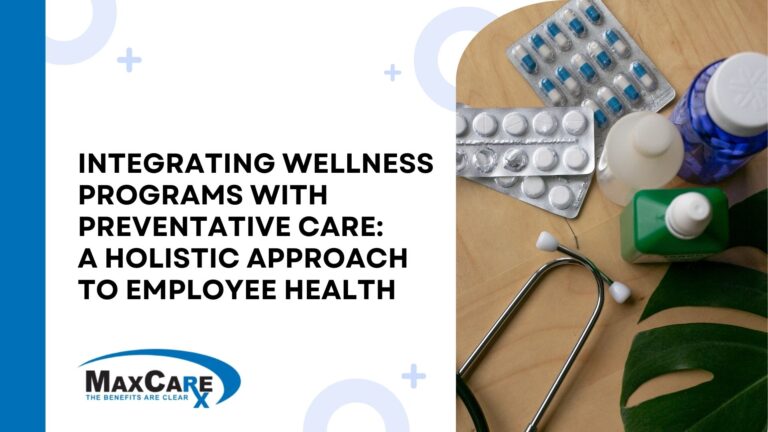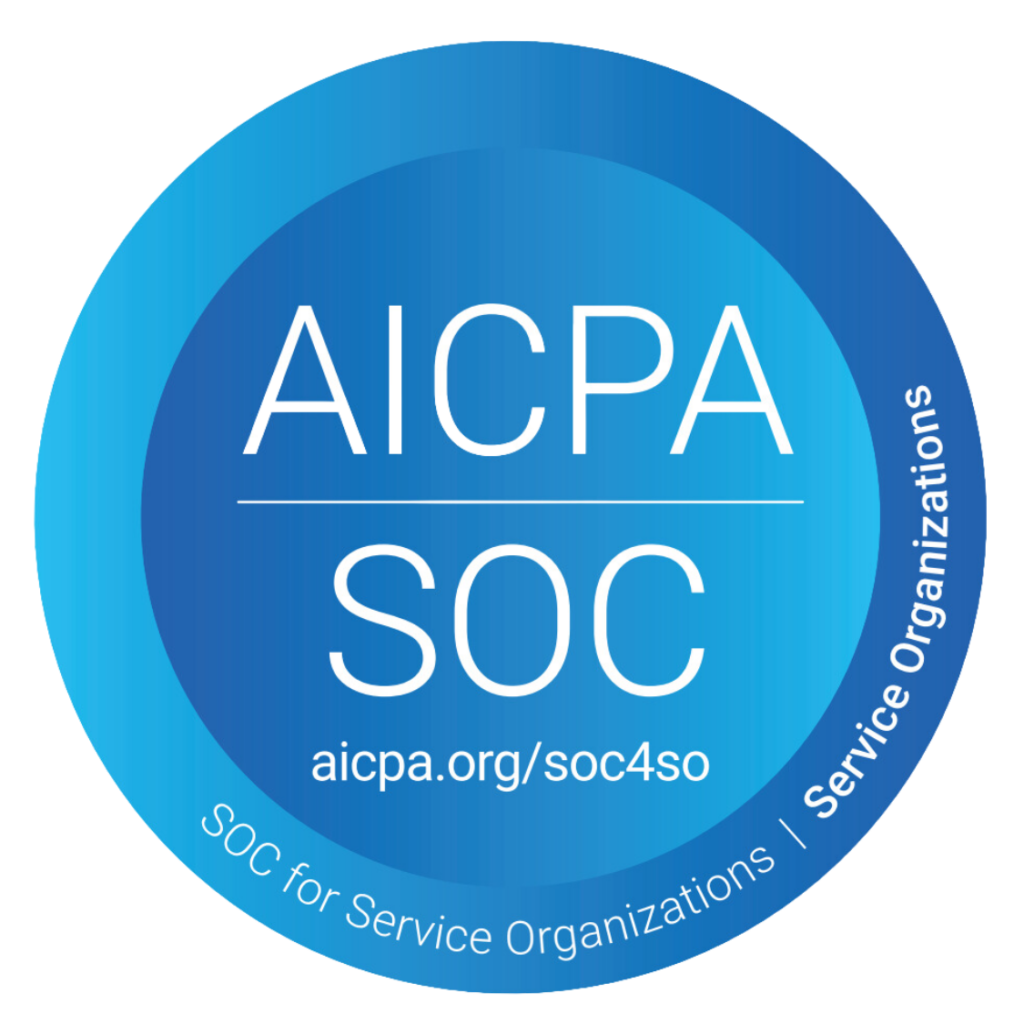In the realm of healthcare, the delivery of prescription medications through mail order pharmacies has been gaining popularity. This trend has been facilitated by a shift towards digital solutions and the growing desire for convenience among American adults. But what drives this change and why is mail order pharmacy growing so rapidly? As with any evolution in healthcare, it is essential to explore both the benefits and drawbacks. Let’s explore mail order pharmacy pros and cons, looking at whether mail order prescriptions are safe, cheaper, and whether they truly meet the healthcare needs of the patients they serve.
Advantages of Mail Order Pharmacy
Potential to Improve Medication Adherence
Another key benefit of mail order pharmacies lies in their potential to improve medication adherence. This aspect is especially relevant for patients with chronic health conditions such as diabetes or high blood pressure. These patients often require consistent, long-term medication use, and missing even a single dose can be detrimental. Mail order pharmacies offer automatic refill services, ensuring medications are delivered to patients on a regular schedule, mitigating the risk of forgotten or delayed refills.
Disadvantages of Mail Order Pharmacy
Despite the apparent benefits, there are legitimate concerns about mail order pharmacies that need to be addressed. It’s critical to comprehend these concerns when deciding if mail order prescriptions are safe and suitable for one’s healthcare needs.
Lack of Personal Interaction and Customized Advice
One of the primary disadvantages of mail order pharmacy is the lack of personal interaction with a healthcare professional. Community pharmacists play an integral role in local health systems. They provide much more than just prescription fulfillment – they offer invaluable medical advice, health education, and can play a pivotal role in the early diagnosis or treatment of various health conditions.
Furthermore, local pharmacists often provide personalized advice based on their familiarity with the patient’s history and overall health. They can monitor potential drug interactions, offer advice on over-the-counter medications, and provide immediate assistance in emergencies. These facets of personalized care can be missing with mail order pharmacies.
Unmasking the Real Savings: Understanding the Pricing Model
Mail order pharmacies have become an increasingly common option, offering medications at more affordable prices compared to traditional physical pharmacies. It’s important to ask: why is mail order pharmacy cheaper?
This price difference is largely due to the strategy of repackaging pricing. Mail order pharmacies can procure prescription drugs in bulk, often at discounted rates, then repackage them into individual prescriptions. This high-volume purchasing allows for significant savings, which can be passed on to consumers. However, it’s crucial to remember that cheaper does not always equate to better.
Economic Impact on Local Communities
A critical yet often overlooked aspect of the shift towards mail order pharmacies is the potential economic impact on local communities. Local pharmacies contribute significantly to their communities in several ways. Community pharmacists often engage in public health initiatives, provide health education, sponsor local school sports events, and contribute to the local economy.
The trend towards mail order pharmacies could potentially erode these community services and economic contributions. It’s essential to consider the broader implications of this shift, taking into account the long-term impact on community health and prosperity.
Potential Issues with Shipping and Handling
One significant concern is the question: “Are mail order prescriptions safe?” While all pharmacies must adhere to federal and state regulations, shipping and handling issues can compromise the safety of medications. For instance, improper packaging or exposure to extreme temperatures can affect the drug’s efficacy.
Regarding the convenience of home delivery, one of the cons of mail order pharmacies is the potential delay in receiving medications. This could pose serious risks for patients who require timely medication adherence. Moreover, automatic refill programs can lead to an accumulation of unused medications if not properly managed, contributing to medication waste and potentially increased health system costs.
Conclusion
While exploring the pros and cons of mail order pharmacies vs traditional pharmacies, it’s crucial to understand that it isn’t necessarily an either-or situation. Both have their place in a comprehensive, well-functioning health care system. However, the proliferation of mail order pharmacies underscores a dynamic shift in healthcare delivery. While they offer distinct advantages in terms of convenience and potential cost savings, it’s critical to fully understand the pros and cons of mail order pharmacies. Evaluating these factors in light of personal healthcare needs and preferences can guide individuals in making informed decisions about their healthcare.
At MaxCare, we recognize that each patient’s needs are unique. Our goal is to balance the advantages of both types of pharmacies to ensure optimal health outcomes for each individual we serve. We don’t own mail or specialty pharmacy. We don’t require exclusive specialty pharmacy arrangement which means we don’t require our clients to purchase specialty medications from us. We have however, supported members in utilizing copay assistance and alternate funding to provide millions in savings annually.
Our commitment is to prioritize the health and well-being of our clients above all, navigating the ever-evolving landscape of healthcare with their best interests at heart. However, we believe in the superior healthcare outcomes achieved through local community pharmacies. These pharmacies offer the personalized care that’s often missing in mail-order services. Our local pharmacists, familiar with our customers’ medical history, provide real-time advice and consultations. This kind of personalized attention often leads to better medication adherence and reduces the risk of drug interactions, resulting in improved health outcomes. Conversely, mail-order pharmacies might not provide this level of personalized service due to their distance and size, potentially leading to less-than-optimal patient outcomes.
We also emphasize the need to support local businesses. In our view, local pharmacies are an integral part of the community’s economic fabric. They provide jobs and contribute to the local economy. When prescriptions are filled through mail-order pharmacies, those dollars are taken out of the local economy and funneled into large corporations, often without any reinvestment in the community. By supporting local pharmacies, we’re keeping dollars within our community, which contributes to our local economic stability and growth.
Lastly, we have serious concerns about the opaque pricing practices of mail-order pharmacies. Often, they repackage medications, which can inflate prices due to “repackaging pricing games.” This repackaging might involve dividing bulk shipments into smaller quantities, adding costs that are then passed on to the customer. This lack of pricing transparency could lead to higher costs for both the patient and the overall healthcare system.



